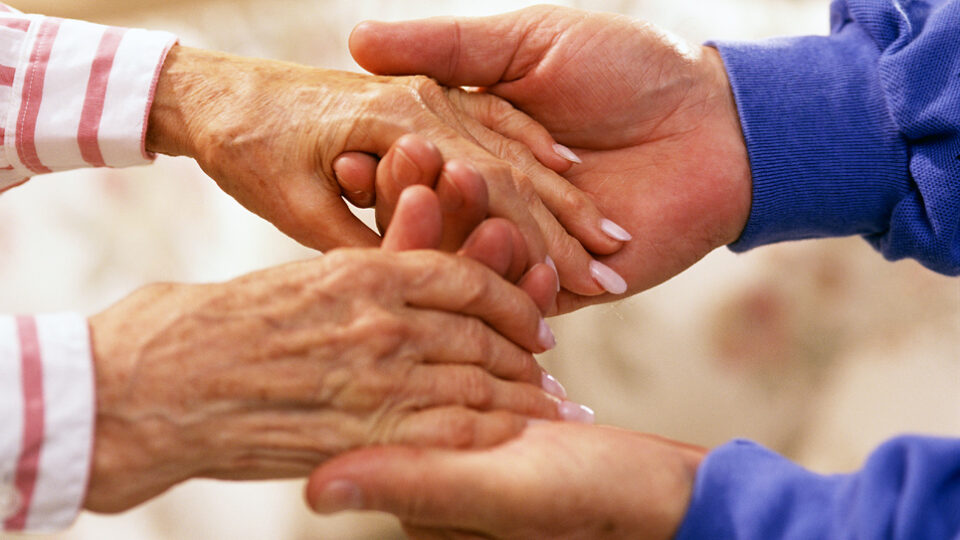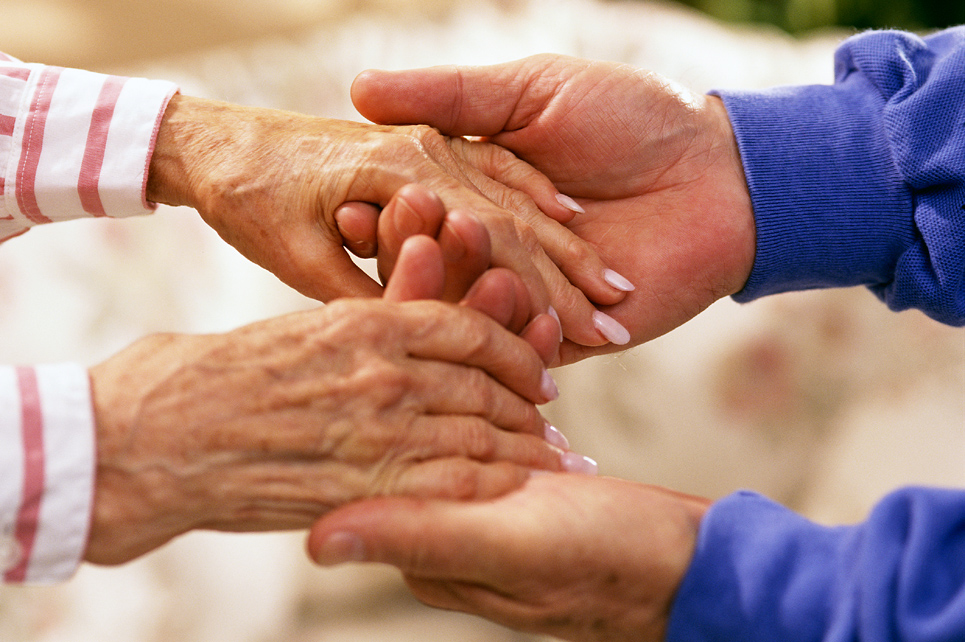Loneliness Research
There is a growing evidence base around the complex challenge of loneliness, and the Campaign to End Loneliness bases all of our campaigning and resources on this evidence, by drawing on a Research Hub; an international network of university academics, other researchers and practitioners working to increase and develop the evidence base on the issue of loneliness in older age.
Here, we summarise some of the most important research for those working in policy and practice to tackle loneliness.
Loneliness and social isolation in the United Kingdom
- 17% of older people are in contact with family, friends and neighbours less than once a week and 11% are in contact less than once a month (Victor et al, 2003)
- Over half (51%) of all people aged 75 and over live alone (ONS, 2010)
- Two fifths all older people (about 3.9 million) say the television is their main company (Age UK, 2014)
- 63% of adults aged 52 or over who have been widowed, and 51% of the same group who are separated or divorced report, feeling lonely some of the time or often (Beaumont, 2013)
- 59% of adults aged over 52 who report poor health say they feel lonely some of the time or often, compared to 21% who say they are in excellent health (Beaumont, 2013)
- A higher percentage of women than men report feeling lonely some of the time or often (Beaumont, 2013)
The impact of loneliness on our health
Loneliness is a bigger problem than simply an emotional experience. Research shows that loneliness and social isolation are harmful to our health: lacking social connections is a comparable risk factor for early death as smoking 15 cigarettes a day, and is worse for us than well-known risk factors such as obesity and physical inactivity.
To read the full article on how to end lonliness click here




